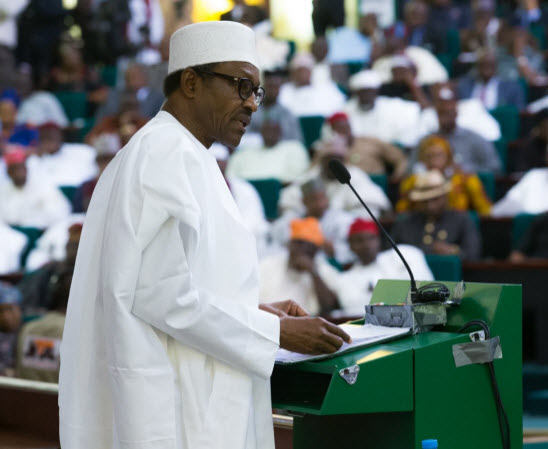There are no products in your shopping cart.
| 0 Items | £0.00 |


GOVERNMENT ministers have revised Nigeria's 2020 budget downwards to N5.08trn (13.4bn) from the recent figure of N8.41trn ($22.1bn) as a result of the economic collapse brought about the lockdown introduced to combat the spread of the coronavirus pandemic.
Originally, Nigeria's 2020 budget had been set at $28.8bn predicated on the country selling 2.1m barrels of oil a day at a cost of $57 a barrel. However, the global pandemic hitting production and oil consumption, prices fell to as low as $20 a barrel at one stage and on top of this, weak demand has meant that Nigeria is struggling to find buyers for her crude.
Nigeria's four main export terminals are currently stocked with crude as the industrial shutdown means nobody is buying at the moment. This has led to several budget revisions and in the latest one, it appears that the 2020 budget is going to be less than half of the original estimate published in January.
This latest revised revenue projection is contained in a proposal sent to the National Assembly by the cabinet. Based on the revenue parameters underlying the revised proposal, the federal government has revised its benchmark to $30 a barrel from $57 and volume projections have been reduced to 1.7m barrels a day from 2.18m barrels.
Nigeria's currency exchange rate has, however, been raised from N305 to a dollar to N360 to a dollar based on the devaluation of the naira by the Central Bank of Nigeria. An analysis of the revenue items showed that oil revenue suffered the highest reduction, falling to N2.38tn from the initial approved amount of N2.63tn to N254.25bn.
However, independent revenue from agencies of government was increased by N66.88bn to N916.84bn from N849.96bn. On the expenditure side, the executive is proposing a reduction of about N321bn in spending from the initial estimate of N10.59tn to N10.27tn.
A further analysis of the proposal showed that the drop in revenue has widened the fiscal deficit by N3.01trn from the initial approved amount of N2.17trn to N5.18trn. This fiscal deficit is expected to be financed through fresh borrowing of N4.43trn as against the initial borrowing plan of N1.59trn.
Also, the government is now proposing to raise just N126.04bn from privatisation proceeds against the initial projection of N252.08bn. In the same vein, about N424.95bn is being projected to be raised from multilateral/bilateral project loans, about N96.83bn higher than the N328.12bn which had earlier been approved when the budget was signed by President Muhammadu Buhari.